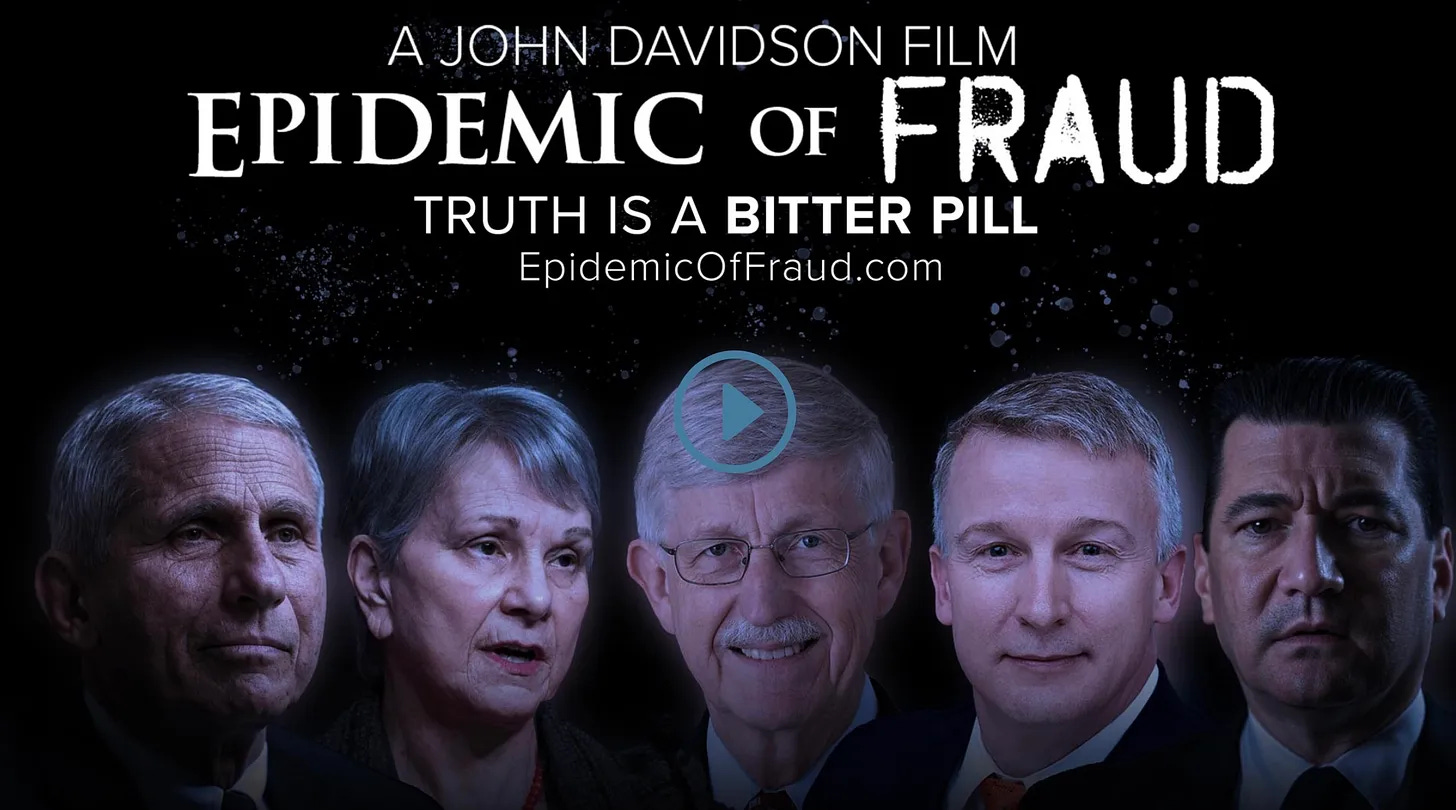February 19, 2025
House Testimony from Feb 12, 2025.
On February 12, 2025, investigative journalist Michael Shellenberger dropped a bombshell before the U.S. House, accusing the Central Intelligence Agency (CIA), the United States Agency for International Development (USAID), and the Organized Crime and Corruption Reporting Project (OCCRP) of orchestrating an "illegal and even treasonous" campaign to impeach then-President Donald Trump in 2019. Known for exposing the Twitter Files in 2022, Shellenberger claimed this operation repurposed foreign regime change tactics against an American leader—an accusation that reignites long-standing debates about institutional overreach tied to the 2020 election cycle. His testimony, delivered in a hearing titled "Eliminating Waste by the Foreign Aid Bureaucracy," challenges the integrity of U.S. democratic processes.
Shellenberger’s case pivots on a 2019 OCCRP report that fueled Trump’s first impeachment. The report spotlighted Soviet-born businessmen Lev Parnas and Igor Fruman—associates of Trump’s attorney Rudy Giuliani—alleging they pressured Ukraine to investigate Joe Biden’s family, particularly Hunter Biden’s role at Burisma Holdings. Cited four times in a whistleblower complaint, this narrative drove House Democrats’ assertion that Trump sought foreign interference in the 2020 election through a July 25, 2019, call with Ukraine’s Volodymyr Zelensky. Shellenberger argued that USAID, which approves OCCRP’s "key personnel" and "annual work plan" (per a 2024 German documentary), and the CIA used OCCRP as a front to destabilize Trump—a move he labeled "highly illegal and even treasonous" for undermining an elected president.
This isn’t a fresh thread for Shellenberger. His February 6, 2025, X post first sketched this theory, claiming USAID’s $40 billion budget powers "regime change abroad"—and now, he contends, at home. Testifying before Senators, he pointed to USAID’s covert HIV program in Cuba under Obama as a blueprint, arguing the 2019 impeachment plot flipped these tactics inward. The treason charge—implying betrayal of the nation under the U.S. Constitution’s Article III, Section 3—escalates the stakes, suggesting a conspiracy that taps into broader suspicions about government actions around the 2020 election.
Those suspicions weren’t baseless in 2020. Georgia Tech’s Dr. Wenke Lee warned in 2018 that Dominion Voting Systems’ ballot-marking devices (BMDs)—used in Georgia’s 2020 election—lacked a verifiable paper trail and were vulnerable to tampering, a concern later validated by J. Alex Halderman’s 2022 findings. Wenke Lee created a document for the GA Secretary of State titled “Cybersecurity Considerations for Voting Systems” which is now deleted by Brad Raffenberger’s GA Sec of State website. Thanks to Wayback Machine, we have an archive of this document as well as an archive of the LinkedIN article by Wenke Lee.
Christopher Krebs, then-CISA Director and a former Microsoft executive (2015–2017), championed these systems and pushed states to adopt DNS tools from Google, Microsoft, and Amazon, as outlined in Ohio’s 2020 election directives (https://www.ohiosos.gov/globalassets/elections/directives/2020/dir2020-12.pdf;
Krebs declared the election "the most secure" on November 12, 2020—Trump fired him five days later (November 17). Shellenberger’s prior reporting, like his 2025 exposé on CISA’s Election Integrity Partnership (EIP), reveals the agency censored dissent—hinting at a pattern of institutional overreach.
Shellenberger’s evidence—OCCRP’s report, USAID’s control, CIA involvement—draws from his Public news outlet’s investigations, though public testimony excerpts remain light on specifics (House hearing, February 12, 2025). Critics counter that the whistleblower’s reliance on OCCRP wasn’t CIA-orchestrated—Trump’s Ukraine call triggered it independently (Anadolu Agency, February 13, 2025). Yet, Shellenberger’s claim—that institutional actors conspired against Trump—resonates with a gut suspicion from 2020: that unseen forces shaped the election’s narrative. The later scrutiny of NIH’s actions (e.g., BrokenTruth.tv’s #NIHGate series, 2023) adds weight to this unease, suggesting a broader betrayal of public trust.
Shellenberger’s call for USAID reform—and his invocation of treason—demands attention. Whether it holds up legally or not, it amplifies a lingering 2020 echo: that hidden hands, from election tech to foreign-aid proxies, may have tilted the scales. The question remains—how deep did this go?
A new updated to our award-winning documentary “Epidemic of Fraud” was recently posted. Learn how the people who helped bring fentanyl to the market tried to convince the American people that a drug similar to tonic water was deadly. With new updates, statistics and retractions sprinkled throughout, it’s a movie anyone concerned with medicine, media and public policy should see.
Watch now.












Share this post